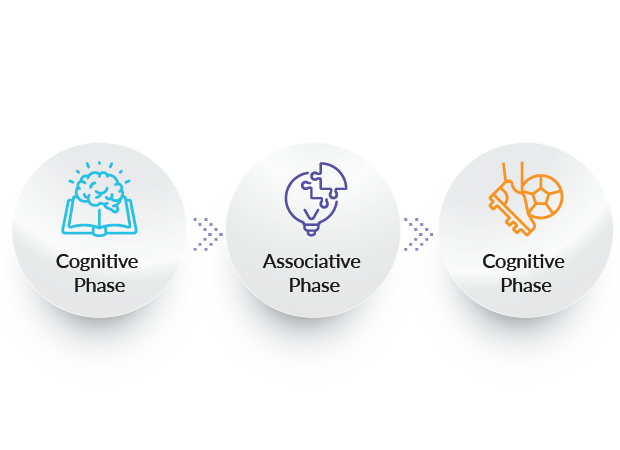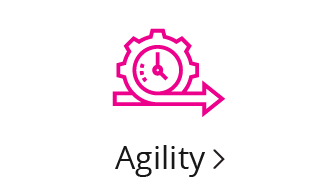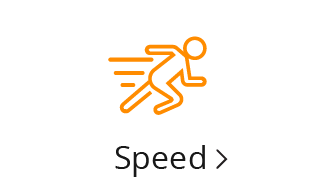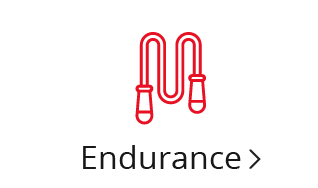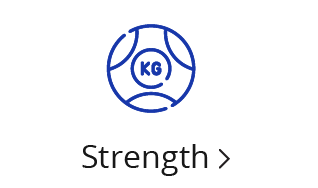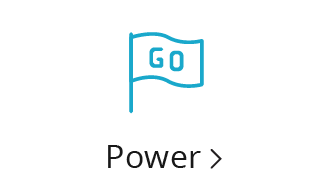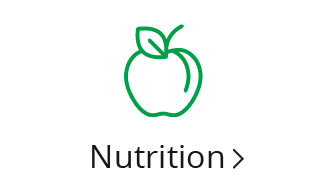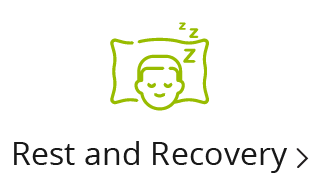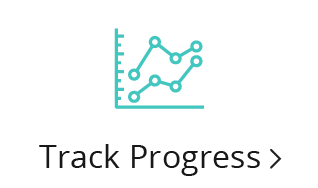We are not born with the ability to Run or Jump, to pass a football or bowl a cricket ball. We must learn these skills and develop them over time through practice and dedication. The learning and performance of skills such as these are what movement scientists all over the world refer to as Skill Acquisition.
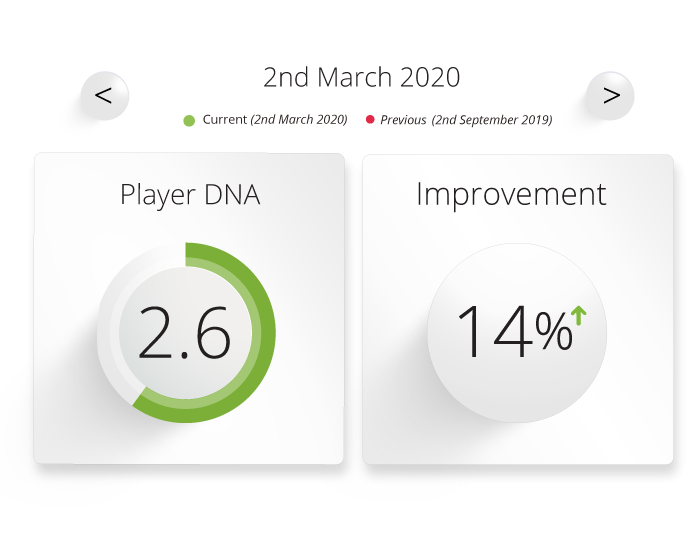
Acquiring skill is a process, and we must practice, but more importantly we must monitor the development via practice as this help with motivation and further training. Good coaching can help provide the support and information required when attempting to learn something new, or to develop an existing skill. Research suggests that there are normally three stages when acquiring a skill, and in each phase the needs of the athlete, or player may be different.
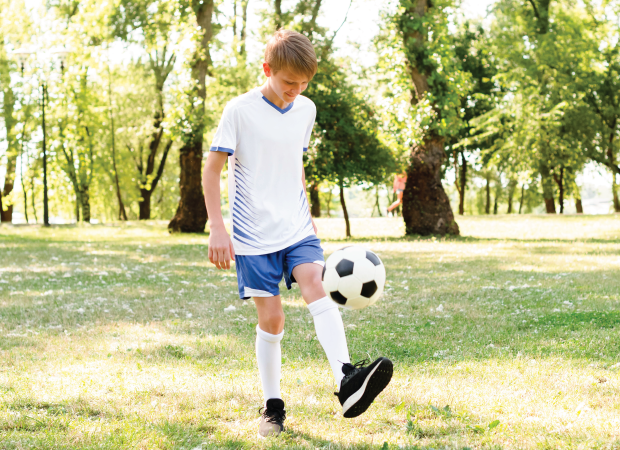
Stage 1: The Cognitive Phase
Learning the basics of the new skill through experimental play, guided discover or following instructions or coaching.
Stage 2: The Associative Phase
Players will start to problem solve and be able to use the new skills in context with some success. The athlete will still need some guidance and will need to concentrate on the execution.
Stage 3: The Autonomous Phase
Not every player will reach this phase, but with plenty of hard work and practice it is achievable for everyone. Young athletes that achieve this phase of skill development will notice that the skill has become automatic.
Reaching this stage of skill acquisition is more than achievable with…… PRACTICE, PRACTICE, PRACTICE.
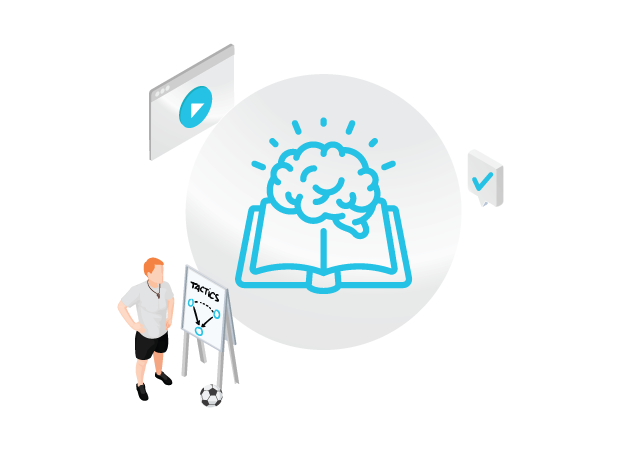
Think of skills being on a continuum, and our Young Champions can move up and down that continuum. If skills are not used for extended periods of time, athletes may find that they regress through the Acquiring Skills Continuum.
You may be familiar with the feeling of “being a bit rusty.” This is unlearning, we find the skill pathway difficult to retrieve from long term memory as we have not practiced it. It can be re-learned, but the only true way of ensuring that we continue to develop and perform, is to PRACTICE. More information on Skill Acquisition can be found in our blog.
Young Champions has been created so that all children can practice as often as they wish, but we recommend at least 15 - 30 minutes a day, we recognise that many of our users will have other forms of training, we just want to give you that extra edge, and for those users that are just starting out, we have programmes for you too, to build your skills and confidence before joining your teams etc.
Next section... Agility and the Change of Direction
